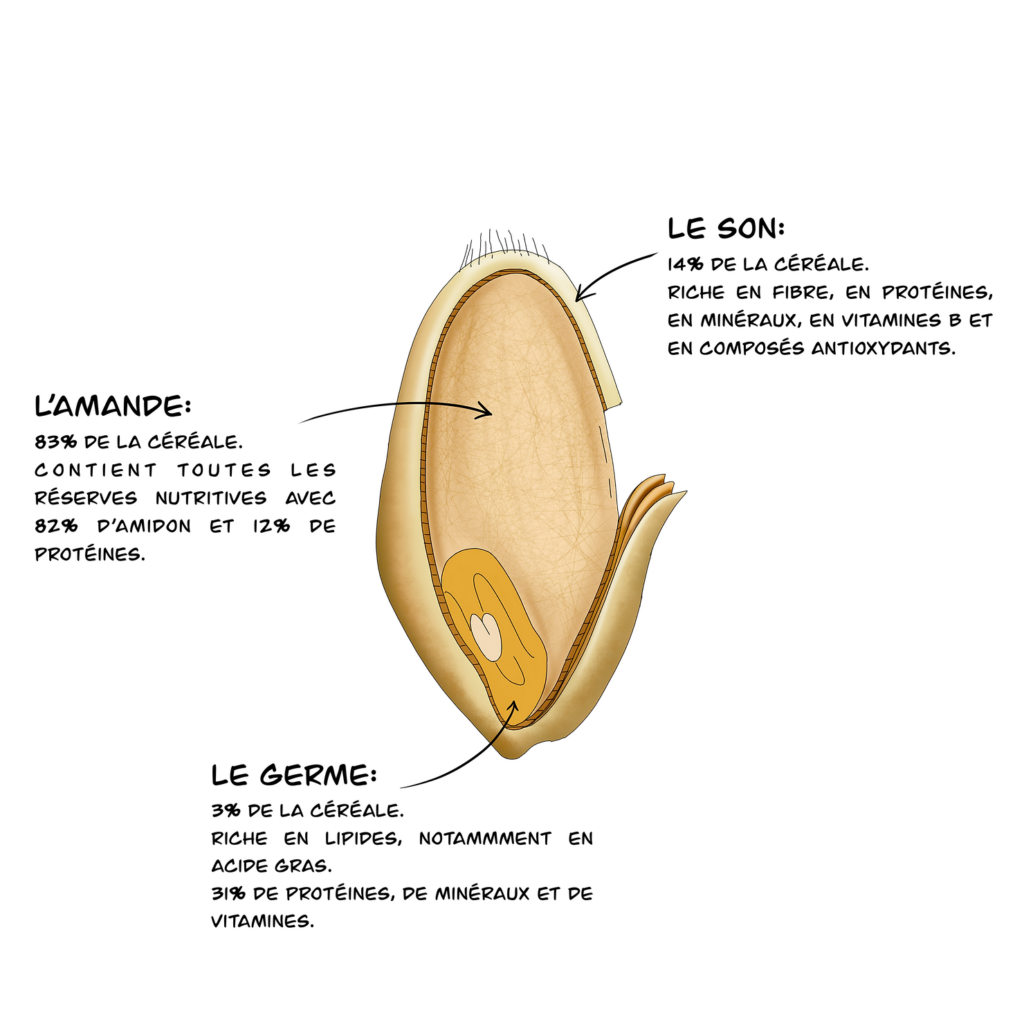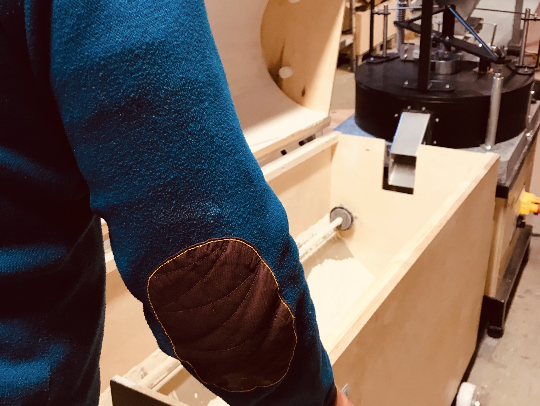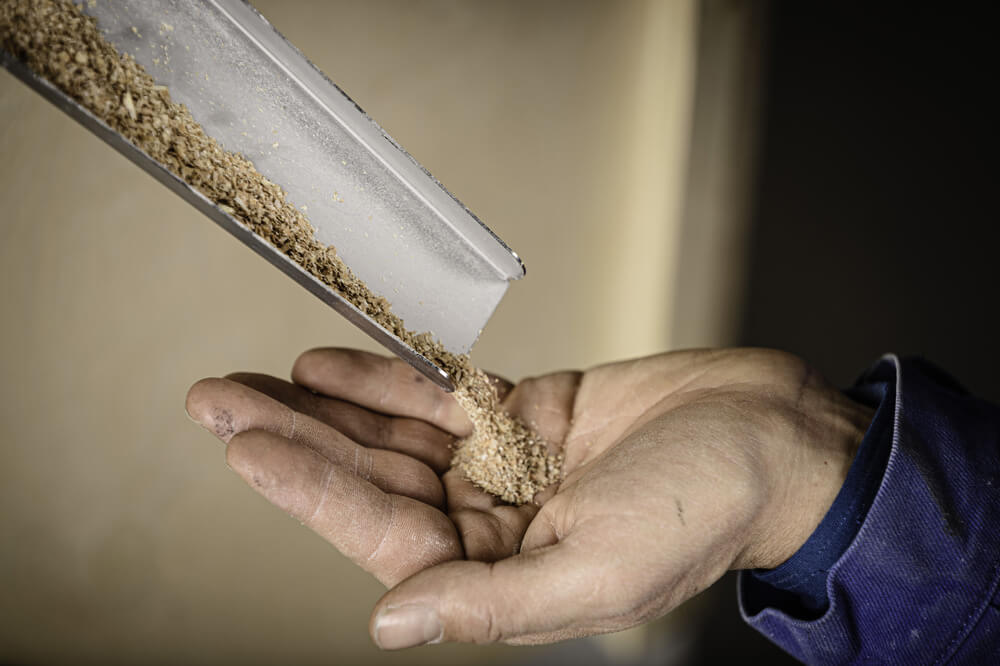The way we consume is changing: quality is now a priority when it comes to food. That’s when the decision to produce unrefined flour makes perfect sense. Are you a professional who would like to start producing this type of food, but don’t know how to go about it? Let’s take a closer look at what wholemeal flour can do for you, and which professional flour mill you should choose to offer your customers the very best!
What is unrefined flour?
Traditional white flour, used in pastries and white foods, is no longer popular: thanks to a mechanical and abrasive process, the husk and germ of cereals are removed.

Unrefined flour, on the other hand, is flour that still has all the husk and germ of the cereal. Today, unrefined flour is becoming an increasingly important part of our diet, with wholemeal pasta, semi-complete or wholemeal bread, wholemeal biscuits, etc. The use of unrefined flour is a selling point that appeals to consumers! But why?
Is unrefined flour better for your health?
Yes, there’s no doubt that unrefined flour is better for your health than white flour. In fact, it’s in the husk of the grain that the best of the cereal is hidden: all the proteins, nutrients and vitamins. In this sense, wholemeal flour, which takes care to preserve every part of the grain, is much more nourishing than traditional white flour.
When flour is refined, up to 80% of its vitamins and minerals are lost!
Richer in fibre, wholemeal flour is also much easier to digest. Yes, intolerances linked to the digestion of flour come from the fact that it is modified and oxidised. Our bodies don’t assimilate it properly, and the consequences for our health are indisputable!
What’s more, all the nutrients present in the cereal help you to better assimilate the carbohydrates contained in the grains. By eliminating these nutrients, we tire out our bodies, which are unable to digest the carbohydrates optimally. The result: instead of taking advantage of the good energy that cereals have to give us, refined flour actually makes us consume sugar, which causes blood sugar levels to rise and then fall.
Which mill for non-refined flour?
To produce non-refined flour, i.e. T 80, T110 or T130, you need a suitable professional mill.
Under no circumstances should the mill oxidise your flour: often, by crushing the grain, and because the grinding wheel or cylinders rotate too fast, the mills heat up the grain, which then loses most of its nutritional properties.
This is particularly the case with traditional stone mills or roller mills.

So, to produce unrefined flour, you have to opt for a single solution: the Astrié mill.




